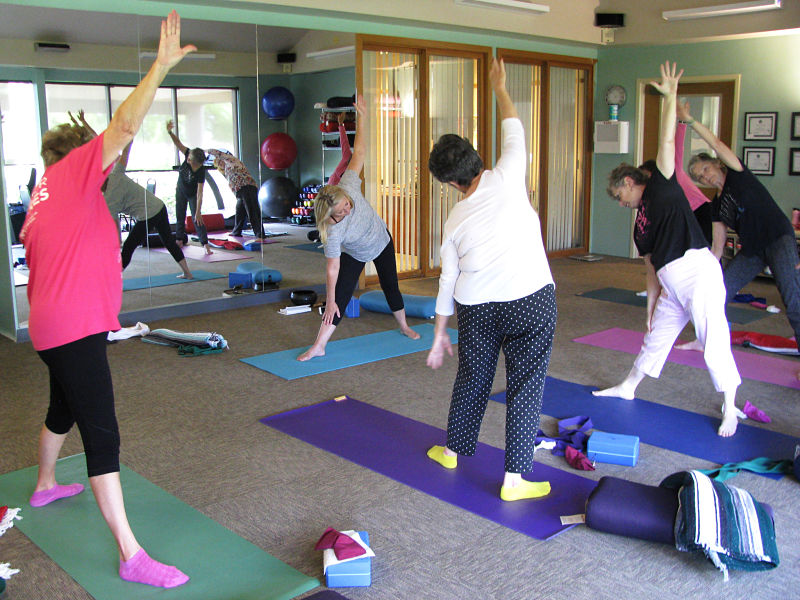|

The final healthy habit in our Five Healthy Lifestyle Habits to Reduce Cancer Risk is maintaining a healthy weight. Keeping your body lean not only lowers your cancer risk; it also lowers your risk of cancer recurrence if you’re a survivor (American Society of Clinical Oncology).
There is an abundance of evidence that links being overweight or obese with the following cancers: colorectal, endometrial, esophageal, gallbladder, kidney, liver, ovarian, pancreatic, postmenopausal breast, prostate (advanced) and stomach (American Institute for Cancer Research). According to the American Cancer Society, “Excess body weight contributes to as many as 1 out of 5 of all cancer-related deaths.” Staying at a healthy weight may be the toughest of our Five Healthy Habits to adopt for many people, as more than two in every three American adults are either overweight or obese, but there are realistic steps you can take to get – and keep – your weight under control.
Exercise
According to the World Health Organization, one out of every four adults around the globe is not as physically active as they should be. The American Cancer Society recommends that on a weekly basis, adults should get either two and a half hours of moderate-intensity activity or an hour and fifteen minutes of vigorous-intensity activity. If you follow these recommendations, your risk of over a dozen types of cancers will decrease significantly. Click here to view how much exercising can reduce your risk for 13 types of cancers.
 Diet – Eat the Rainbow Diet – Eat the Rainbow
For cancer prevention, the American Institute for Cancer Research recommends filling two-thirds of your plate with plant-based foods (fruits, vegetables, beans and whole grains) and one-third of your plate with animal protein. When it comes to the plant-based portion, aim to "eat the rainbow." Eat the rainbow is a coined phrase to remind you to choose a variety of colors in your selection of fruits and vegetables. By eating the rainbow, you consume a balance of vitamins, minerals, antioxidants and essential nutrients that are necessary to maintain a healthy diet and reduce your risk of cancer.
Get Plenty of Rest
“Sleep can help give strength while fighting cancer or even lower cancer risk, yet it’s often a challenge to get what’s needed” (Johns Hopkins Medicine). Less than six hours of sleep per night can be detrimental to your body. Lack of sleep can reduce life expectancy as well as put you at an increased risk for cancer, obesity, heart disease, hypertension and diabetes. Mayo Clinic recommends getting seven to nine hours of sleep per night for the average adult. If you have trouble getting enough “Z’s," visit the National Sleep Foundation’s website to learn about methods you can take that may provide some relief.
 Practice Stress Relief Practice Stress Relief
Stress can negatively affect your mind, body and overall health. It can cause overeating or undereating, headaches, fatigue, sleep problems and more. If left unchecked, stress can lead to more serious health conditions including an elevated heart rate and blood pressure, diabetes, heart disease and becoming overweight or obese (Mayo Clinic). Fortunately, practicing stress relief techniques can significantly reduce stress-related symptoms and improve your quality of life. A few main ways to reduce stress include mindfulness meditation, deep breathing and yoga.
Maintaining a healthy weight is one of the most crucial ways to reduce your risk of developing cancer. By exercising regularly, eating a healthy diet, getting an adequate amount of sleep every night and practicing stress relief techniques, your cancer risk will decrease and your overall quality of life will improve.
The photo shows Sandy Prince, MS, CHES, our VP of Cancer Prevention & Education teaching a yoga class that is part of our Wellness Center for Hope pilot program, funded by Susan G. Komen Ozark Affiliate.
|
|
|